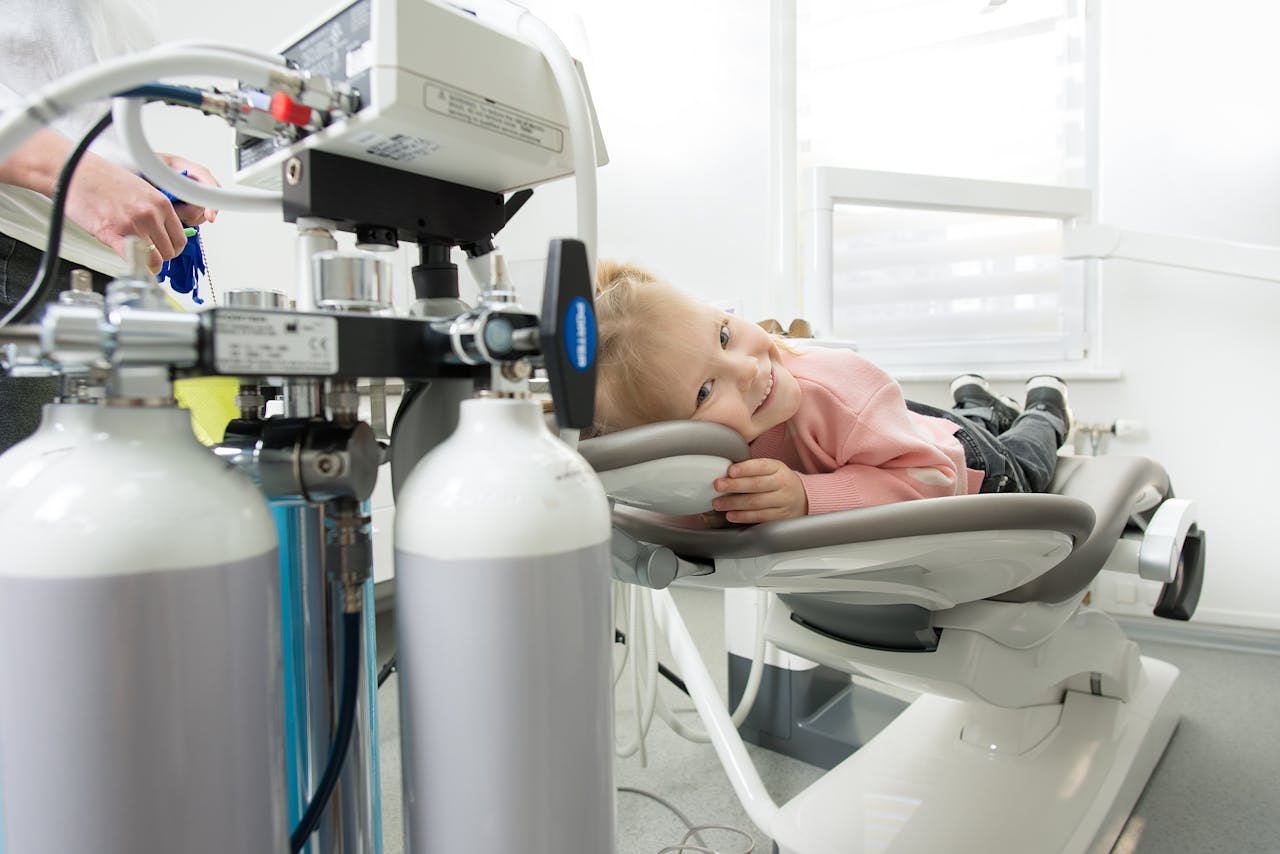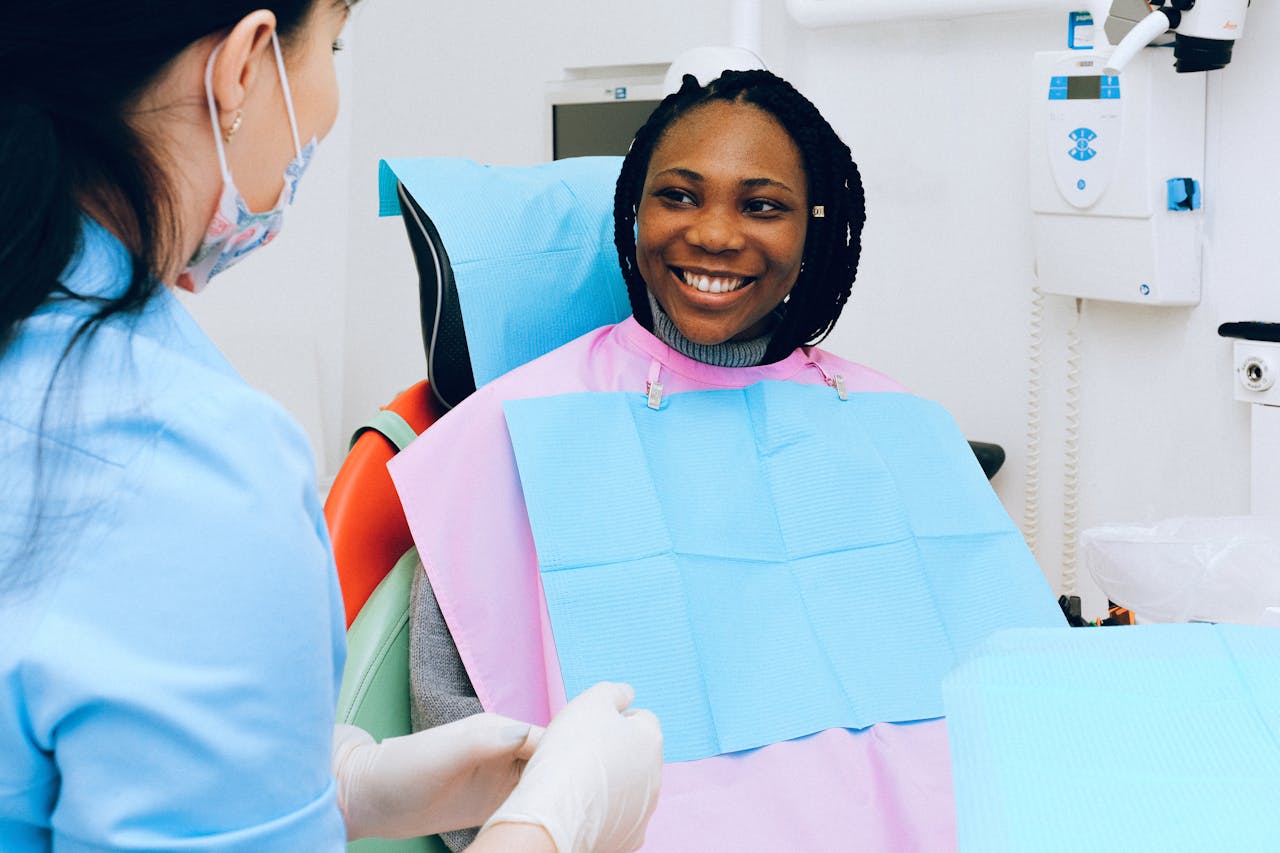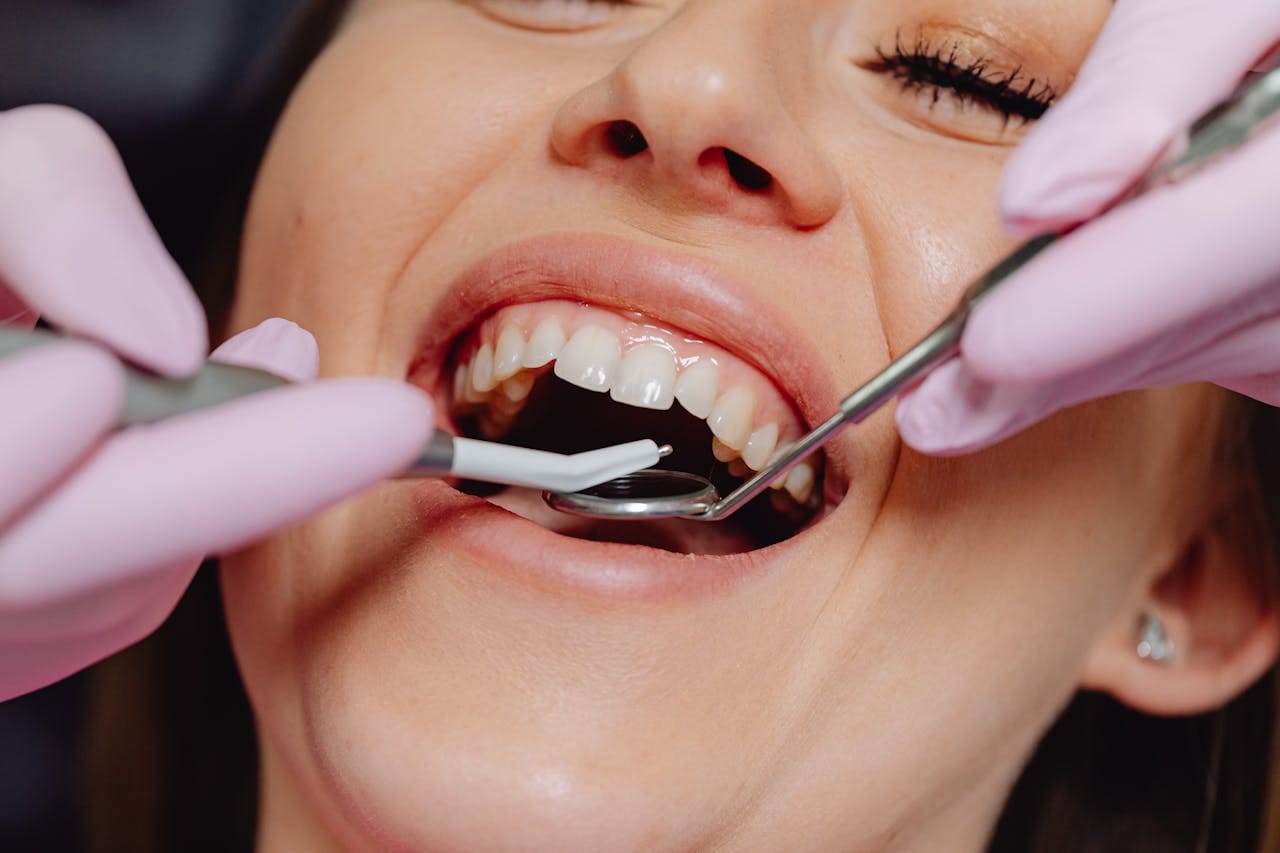How to Overcome Dental Anxiety: Tips for a Stress-Free Dental Visit
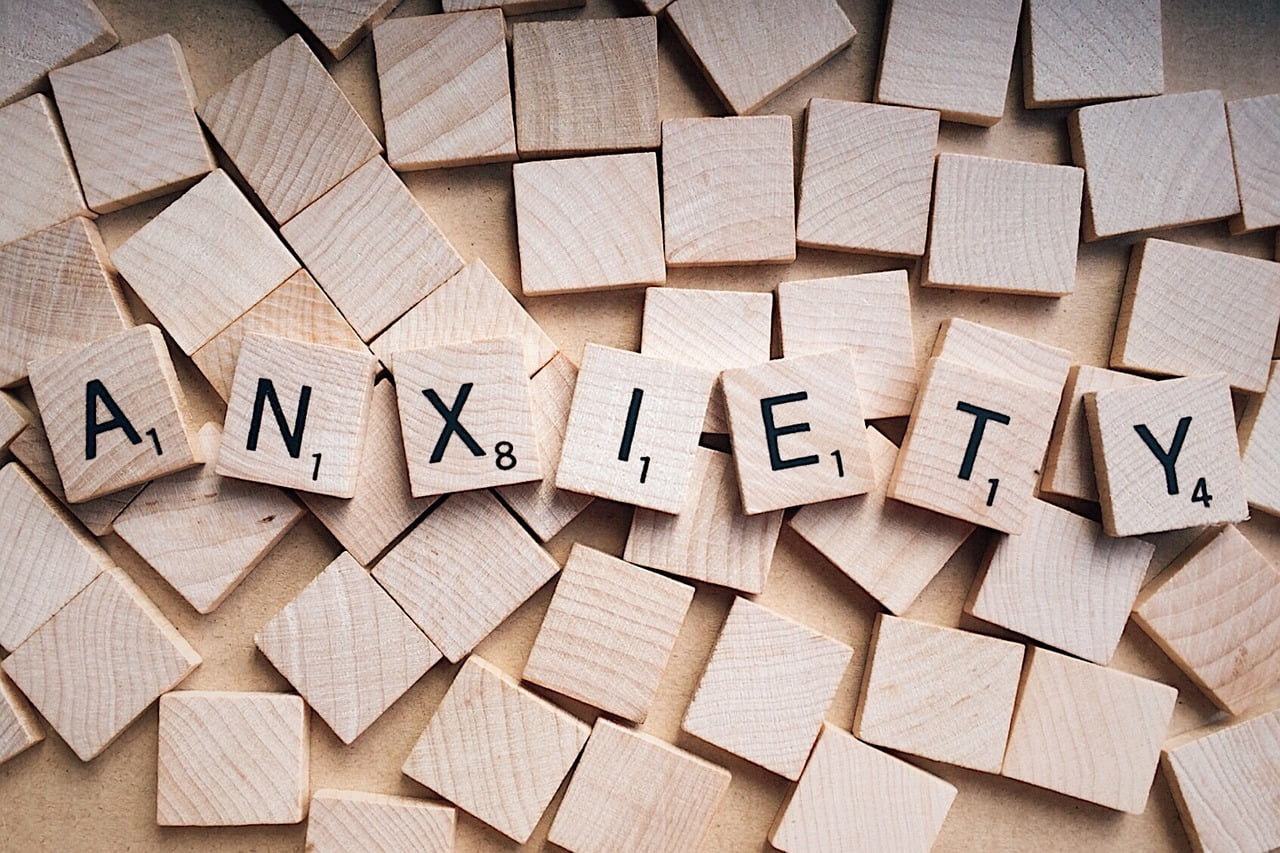
Table of Contents
Introduction
Do you get sweaty palms just thinking about the dentist? If so, you’re not alone. Dental anxiety is a common issue that affects many people. Unfortunately, this fear can lead to delaying or avoiding dental visits, which isn’t great for your oral health. The good news is, there are ways to manage and even overcome dental anxiety. Let’s dive into some practical tips and strategies to help make your next dental visit stress-free.
Understanding Dental Anxiety
Dental anxiety is a feeling of nervousness, fear, or stress related to visiting the dentist. It can be triggered by a variety of factors, such as the sound of dental instruments, fear of pain, or past negative experiences. Studies show that approximately 36% of the population experiences some level of dental anxiety, with about 12% suffering from extreme dental fear. This widespread issue can have significant consequences if not addressed.
Recognizing the Signs of Dental Anxiety
Identifying dental anxiety is the first step toward managing it. Common signs include feeling tense or fidgety before an appointment, trouble sleeping the night before a dental visit, and even physical symptoms like nausea or a racing heartbeat. Emotional responses might include fear of losing control, embarrassment, or feeling helpless. Acknowledging these signs can help you understand the extent of your anxiety.
The Importance of Addressing Dental Anxiety
Avoiding the dentist due to anxiety might seem like a solution, but it can lead to more significant problems down the road. Neglected oral health can result in cavities, gum disease, and other complications that may require more intensive treatment. Moreover, poor dental health has been linked to other health issues like heart disease and diabetes. Addressing dental anxiety is essential not just for your smile but for your overall health.
Preparation Before Your Dental Visit
One of the best ways to combat dental anxiety is to prepare before your appointment. Start by researching and choosing a dentist who is known for being gentle and understanding, such as the professionals at Fullerton Dental Art. Scheduling your appointment at a time when you’re less likely to be rushed or stressed can also help. Make sure to communicate your fears and concerns with the dental office beforehand. A good dentist will take your feelings seriously and work with you to ensure a comfortable experience.
Mindfulness and Relaxation Techniques
Mindfulness and relaxation techniques are effective tools for managing anxiety. Practice deep breathing exercises where you inhale slowly, hold your breath for a few seconds, and then exhale. This can help slow your heart rate and calm your nerves. Meditation, even if only for a few minutes, can also be beneficial. Visualization, such as imagining yourself in a relaxing place, can provide a mental escape and reduce stress.
Distraction Methods During the Visit
Keeping your mind occupied during your dental visit can significantly lessen anxiety. Consider bringing headphones to listen to your favorite music or a podcast. If your dentist is okay with it, bring a friend along for moral support. Focusing on your breathing or silently counting can also serve as helpful distractions. The goal is to shift your focus away from the procedure and onto something that makes you feel at ease.
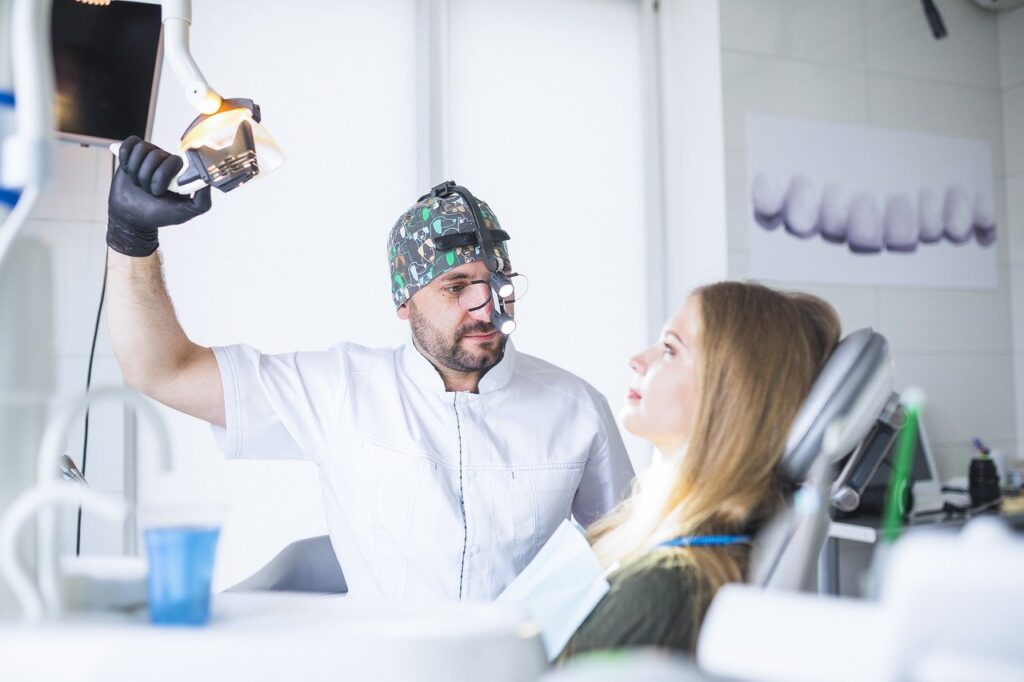
Communication with Your Dentist
Effective communication is key to a stress-free dental visit. Be open and honest with your dentist about your anxiety. Let them know if you need a break or if something is making you uncomfortable. Establishing hand signals to indicate when you need a pause can give you a sense of control. Don’t hesitate to ask questions about the procedure; understanding what to expect can often alleviate fear.
Sedation and Medication Options
For those with severe dental anxiety, sedation dentistry might be an option worth exploring. Various levels of sedation are available, from mild sedation to help you relax to general anesthesia for more complex procedures. Talk to your dentist about the options that might be suitable for you. Sedation can make dental visits more bearable and even enjoyable for those who experience extreme fear.
Gradual Exposure Therapy
Gradual exposure therapy involves slowly exposing yourself to the source of your anxiety in a controlled way. Start with less stressful activities, such as sitting in the dental office without undergoing a procedure. Gradually work your way up to more involved treatments. This method helps desensitize your fears over time and makes each subsequent visit less daunting.
Seeking Professional Help for Severe Anxiety
If your dental anxiety is overwhelming and prevents you from getting the care you need, it might be time to seek professional help. Cognitive-behavioral therapy (CBT) is a common approach that helps individuals change negative thought patterns and behaviors related to their fears. Consulting a psychologist or counselor who specializes in dental phobia can provide you with coping mechanisms tailored to your needs.
Creating a Positive Dental Experience
Creating a positive dental experience is crucial for overcoming anxiety. Start by celebrating small victories, like scheduling an appointment or completing a simple check-up. Building trust with your dentist over time will also make visits less stressful. Positive reinforcement, such as treating yourself after a successful visit, can help reinforce the idea that dental visits aren’t so bad after all.
Why Fullerton Dental Art is Your Best Choice
If you’re looking for a dental practice that prioritizes patient comfort, Fullerton Dental Art is an excellent choice. Located at 717 N Placentia Ave, Fullerton, CA 92831, this dental office is known for its compassionate approach to patient care. They offer various sedation options to help ease anxiety, and their friendly staff is always ready to listen and support you. Choosing a dentist who understands your fears can make all the difference in your dental experience.
Tips for Maintaining Dental Health Between Visits
Maintaining good oral hygiene between visits can reduce the need for extensive dental work, which in turn can lessen anxiety. Brush and floss daily to keep your teeth and gums healthy. Use mouthwash to reach areas that brushing might miss. Regular check-ups, even if they make you nervous, are important to catch potential issues early before they require more involved treatment. The more you take care of your teeth at home, the less time you’ll need to spend in the dentist’s chair.
Conclusion
Dental anxiety is a common issue, but it doesn’t have to control your life. By understanding your fears, preparing for your visits, and utilizing relaxation techniques, you can make your dental experiences much more manageable. Remember, your oral health is an essential part of your overall well-being, and overcoming dental anxiety is a step toward a healthier, happier you. Don’t let fear keep you from getting the care you need—take the first step and schedule an appointment today.
Schedule your appointment today by filling the form below and take the first step toward a healthier and brighter smile. Stay connected with us on Facebook for the latest updates, and check out our reviews from valued patients on Yelp!
FAQs
- What causes dental anxiety? Dental anxiety can be caused by various factors, including fear of pain, negative past experiences, or a general feeling of loss of control. Each person’s triggers can be different.
- Can sedation dentistry help with dental anxiety? Yes, sedation dentistry can be a great option for individuals with severe dental anxiety. It helps patients relax during procedures and can make the experience much less stressful.
- How can I find a dentist who understands dental anxiety? Look for dental practices that advertise a gentle approach, offer sedation options, and have positive reviews from anxious patients. Fullerton Dental Art is an example of such a practice.
- What are some quick relaxation techniques I can use before a dental visit? Deep breathing, mindfulness meditation, and visualization techniques can help calm your nerves before and during a dental appointment.
- Is dental anxiety common among adults? Yes, dental anxiety is quite common among adults. Studies show that a significant portion of the population experiences some level of anxiety related to dental visits.
Fullerton Dental Art Contact Details
Location : 717 N PLACENTIA AVE FULLERTON, CA 92831
Phone: +1-714-577-0105
Book An Appointment Now Fullerton, CA
Latest Post
101 Pediatric Dentistry: Creating Positive Dental Experiences

Introduction To Pediatric Dentistry Pediatric dentistry is about more than just treating tiny teeth; it’s about nurturing a lifetime of healthy smiles. Ensuring that…
Achieve A Better Dental Health with Fullerton Dental Art

Introduction Dental health is crucial not just for a brighter smile, but for overall well-being. At Fullerton Dental Art, we are dedicated to providing…
Best 3 Types of Dental Cleaning in Fullerton, CA

Introduction to Types of Dental Cleaning Keeping your teeth clean isn’t just about looking good—it’s essential for overall health. Let us discuss the types…

